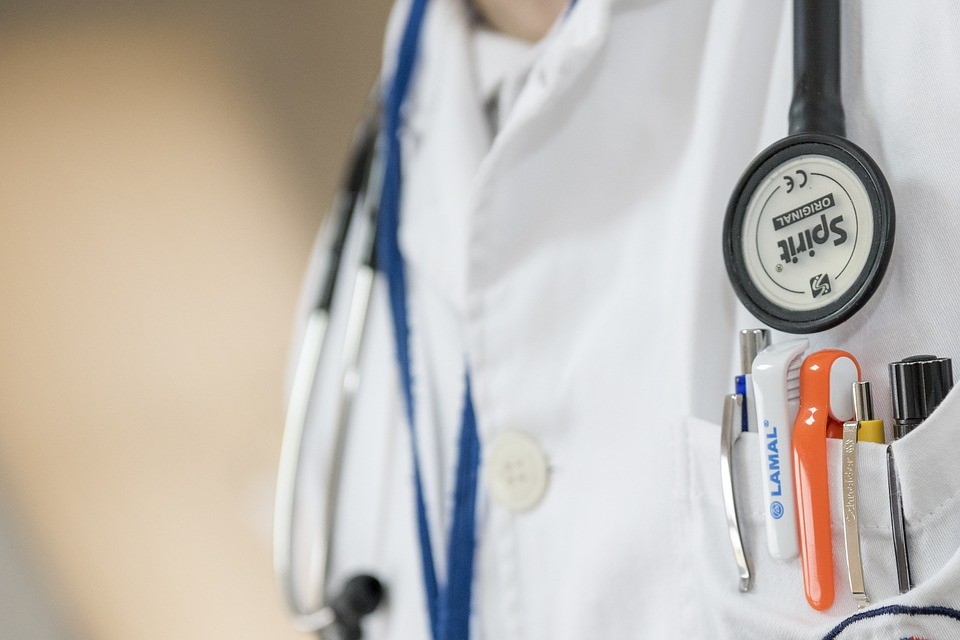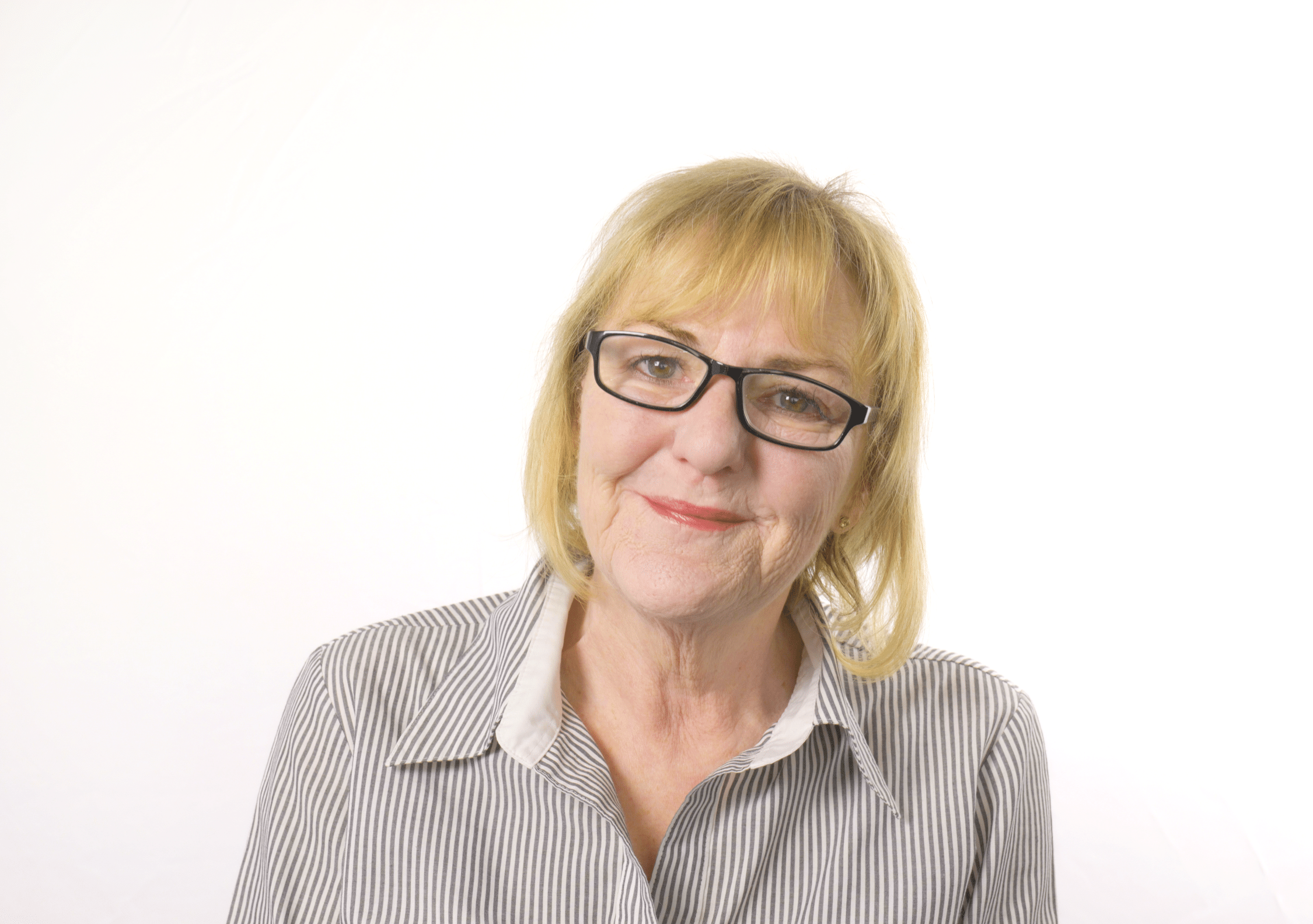Since March 2021, cancer referrals have been at record levels in the NHS and twice as many people received cancer checks in April 2023 compared to 10 years earlier in April 2013. This is important and is great to see but it does also mean that the NHS are under a lot of pressure and face significant challenges in providing timely cancer screenings and some patients have had to wait longer than the NHS would want.
In recent years, artificial intelligence (AI) has emerged as a promising tool to take some of this pressure off the NHS and can help with cancer screenings. Medical negligence solicitor, Julie Garner, believes the use of artificial intelligence in NHS cancer screenings can help save lives.
In this article, we will be discussing expert comments from Julie and will be looking into the current state of cancer screening in the NHS, how AI can help and case studies surrounding how AI has helped already.
AI Used In Cancer Screenings
In recent years, there has been a new Artificial Intelligence programme that was designed to accurately detect breast cancer in mammograms. In time, the programme could be more accurate than doctors in diagnosing breast cancer.
Recently, according to the BBC, an AI tool tested by the NHS successfully identified tiny signs of breast cancer in 11 women which had been missed by human doctors.
The tool was piloted alongside NHS clinicians and it analysed the mammograms of over 10,000 women – most of the mammograms were cancer free but the AI tool did successfully flag all of the women that had symptoms, alongside an extra 11 that the doctors had not previously identified.
Cancer can be extremely hard to spot in the earliest stages but this tool detected tumours that were practically invisible to the human eye.
In the UK today, breast screening tests happen every three years by two members of a reading team. And although thorough, critics believe this is time consuming given the national shortage of trained staff. By using AI to help carry out mammograms and other cancer screenings more frequently and time efficiently, pressure can definitely be reduced off the NHS in the future.
The Current State Of Cancer Screening In The UK
Cancer screening is a vital part of early detection and treatment and if found early, it can significantly improve survival rates for patients. The NHS offers screenings for many different types of cancer and these screenings involve regular checks and tests to try and identify cancer at an early stage. However, the NHS is under enormous pressure and there are some obstacles:
- Resource constraints – the NHS is experiencing a shortage of radiologists and this can lead to a delay in screening and diagnosis for many patients across the UK.
- Increasing demand – as discussed earlier in this article, the NHS are facing increasing demand with twice as many people receiving cancer checks therefore putting additional strain on the NHS cancer screening services. This increased demand will regularly result in longer waiting times for patients.
- Human error – NHS staff have a high level of expertise, however occasionally human error can occur and this can unfortunately lead to misdiagnosis or delayed diagnosis.
With all of this pressure that the NHS face every year, incorporating AI to help could be a monumental step to help with the early detection, diagnosis and treatment of cancer.
Challenges And Considerations Of Using AI For Cancer Screenings
While there are many potential benefits of AI in cancer screening, there are also some considerations that will need to be addressed:
- Regulatory approval – as with all tools, AI tools used in cancer screening must undergo testing and obtain regulatory approval to ensure safety for all patients. This process can be time consuming to ensure there are no issues and this will delay the implementation of AI tools being used within the NHS.
- Data privacy – the use of AI in the NHS will require access to large sets of data and patient information so it will be extremely important to make sure all data is private and secure to maintain patient trust and comply with all GDPR regulations.
- Integration – The AI tools will need to be integrated with existing healthcare systems within the NHS and this integration may require significant investment in infrastructure and training which could also be time consuming.
As with any new tools and technologies, it is important that AI is implemented safely and effectively within the NHS cancer screening process.
Expert Commentary Surrounding Using AI For Cancer Screening
Julie Garner, experienced medical negligence solicitor has released comments in response to the new Artificial Intelligence programme that is designed to accurately detect breast cancer in mammograms:
“With a shortage of trained radiologists across the UK, this MI tool could provide a much needed and valuable resource that could assist and save women’s lives, reduce waiting times and provide patients with improved care.”
“Above all, the technology should not replace radiologists, but it can become a valuable tool in identifying and improving the breast screening service. In short, this can be anything from reducing time reviewing scans to providing more patient contact time.”
Summary
Artificial intelligence does hold significant promise for easing the pressure on NHS cancer screening services. By improving accuracy, efficiency, and early detection, AI could potentially enhance the quality of care and reduce the burden on healthcare professionals. As AI technology continues to advance, it has the potential to become invaluable in the fight against cancer and hopefully will help to improve outcomes across patients all over the UK.
Cancer affects so many people in the UK with someone being diagnosed at least every 90 seconds, unfortunately sometimes cancer can be missed or misdiagnosed. If your cancer has been misdiagnosed and you have suffered because of it, you may be able to make a cancer negligence claim – if this is the case get in touch with us today.

